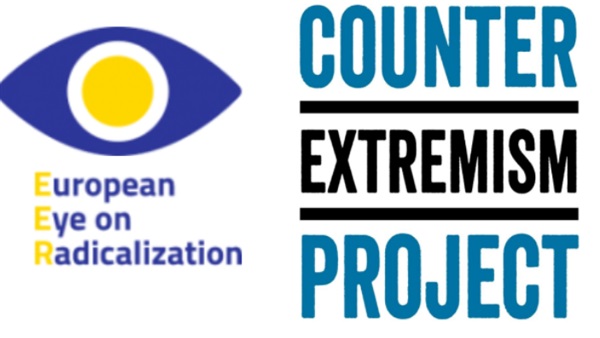Experts Discuss Tackling Domestic Extremism in the West in EER CEP Webinar

On Tuesday, the European Eye on Radicalization (EER) and the
Counter-Extremism Project (CEP) co-hosted a webinar to discuss ways to tackle
domestic extremism in the West. The event brought together experts from
academia, government, and civil society to share their insights and
experiences.
One of the speakers was Professor Tahir Abbas, a senior
research fellow at the Royal United Services Institute (RUSI) and an expert on
extremism in South Asia. He argued that the rise of far-right extremism in the
West is not a new phenomenon, but rather a resurgence of historical patterns of
racism and xenophobia. He noted that far-right extremists often target Muslims,
Jews, and other minority groups, and that they often use violence to achieve
their goals.
Another speaker was Dr. Cynthia Miller-Idriss, a professor
at American University and an expert on far-right extremism in Europe and the
United States. She discussed the need for a comprehensive approach to
countering domestic extremism that includes not only law enforcement, but also
education, civil society, and other stakeholders. She emphasized the importance
of addressing the root causes of extremism, such as social and economic
inequality, and the need for a multi-pronged approach that involves both
prevention and intervention.
The webinar also included a discussion on the role of
technology in countering domestic extremism. Dr. Devin Burghart, the president
of the Institute for Research and Education on Human Rights, discussed the use
of social media by far-right extremists to spread their ideology and recruit
new members. He emphasized the need for technology companies to take a more
proactive role in removing extremist content from their platforms.
The event highlighted the need for a coordinated and
comprehensive approach to countering domestic extremism in the West. Experts
agreed that the problem is complex and multifaceted, and that it requires a
range of interventions and stakeholders to address. However, they also
expressed optimism that progress can be made, and that by working together, we
can build more resilient and inclusive societies.







